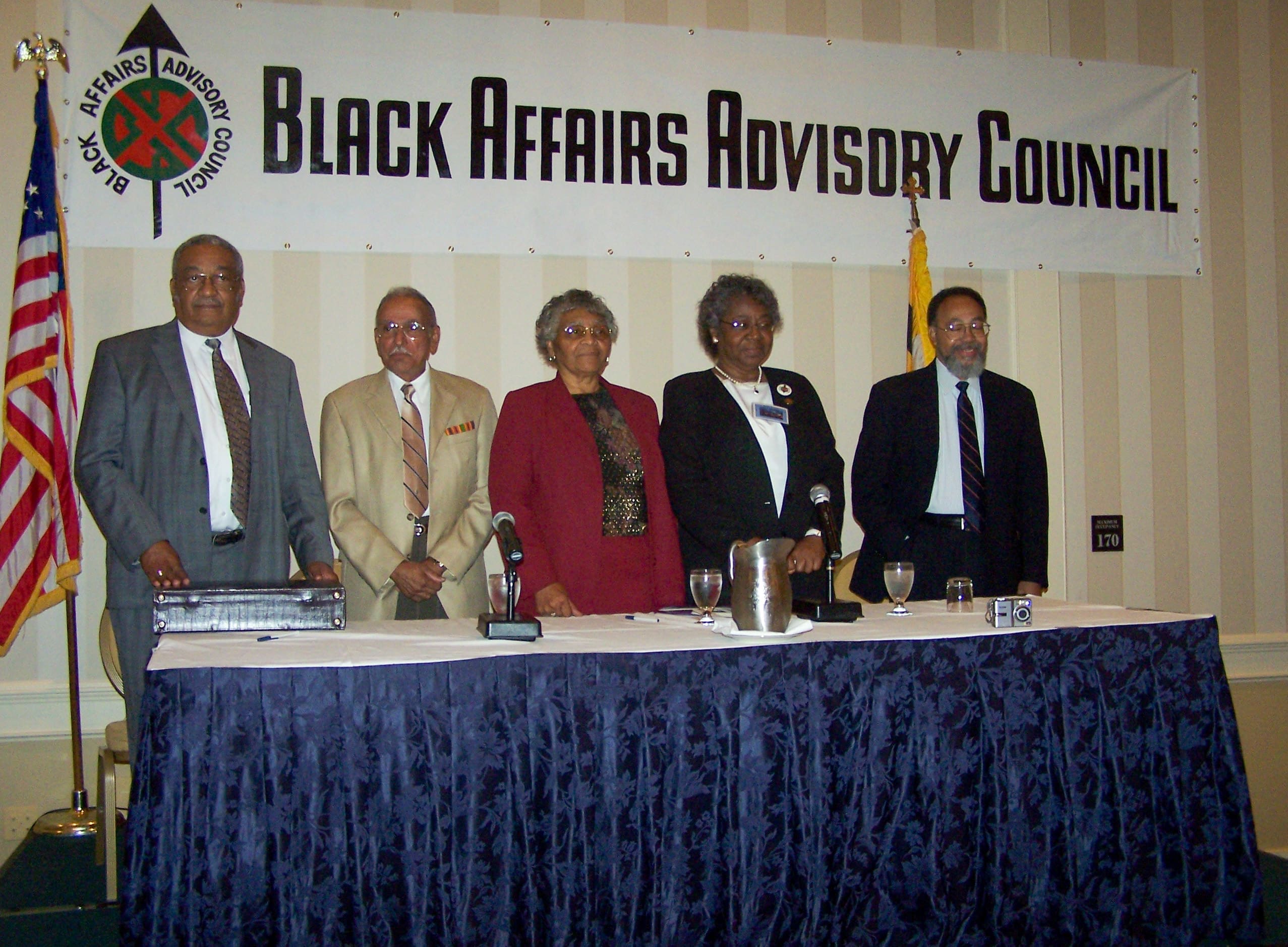**A Deep Dive into the Origins of the Black Affairs Advisory Council (BAAC)**
The journey of the Black Affairs Advisory Council (BAAC) traces its roots back to 1979. It wasn’t a singular organization in its infancy but rather the result of collaborative efforts from two distinct groups of African American employees. These groups hailed from two locations: the Office of Hearings & Appeals in Arlington, Virginia, and the Social Security West Building located in Baltimore, Maryland.
The primary objective behind the inception of BAAC was twofold. First, it aimed at championing employment avenues for Black individuals within the Social Security Administration. This was integral in fostering diversity and ensuring equal representation. Secondly, it sought to refine and enhance services directed at the Black community. Given the unique challenges and nuances of this community, it was pivotal to have a body that could advise on matters most pertinent to them.
**Gaining Official Recognition**
By 1981, the commitment and endeavors of these employees didn’t go unnoticed. Both groups, from OHA in Arlington and the Security West Building in Baltimore, were given official recognition by the Commissioner of Social Security. This acknowledgement was a significant step forward. It not only lent credibility to their cause but also facilitated the merging of these groups. This union gave birth to what we know today as the Black Affairs Advisory Council’s National Coordinating Committee.
**From Origins to Evolving Roles**
While its inception was rooted in advocacy, BAAC’s role soon expanded. Initially, it was an advisory committee specifically to the Office of Civil Rights and Equal Opportunity. This position allowed it to influence policies and decisions that had direct implications for the Black community and its representation within the Social Security Administration. Over time, the scope of BAAC widened, and it transformed into a more encompassing advisory body. The Black Affairs Advisory Council now stands as a beacon, continuing its legacy of advocacy, representation, and ensuring that the voice of the Black community is heard in various facets of administration and policy-making.
